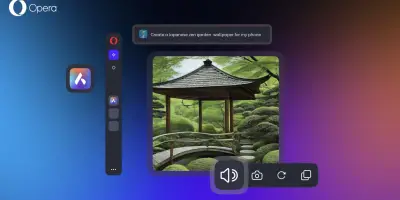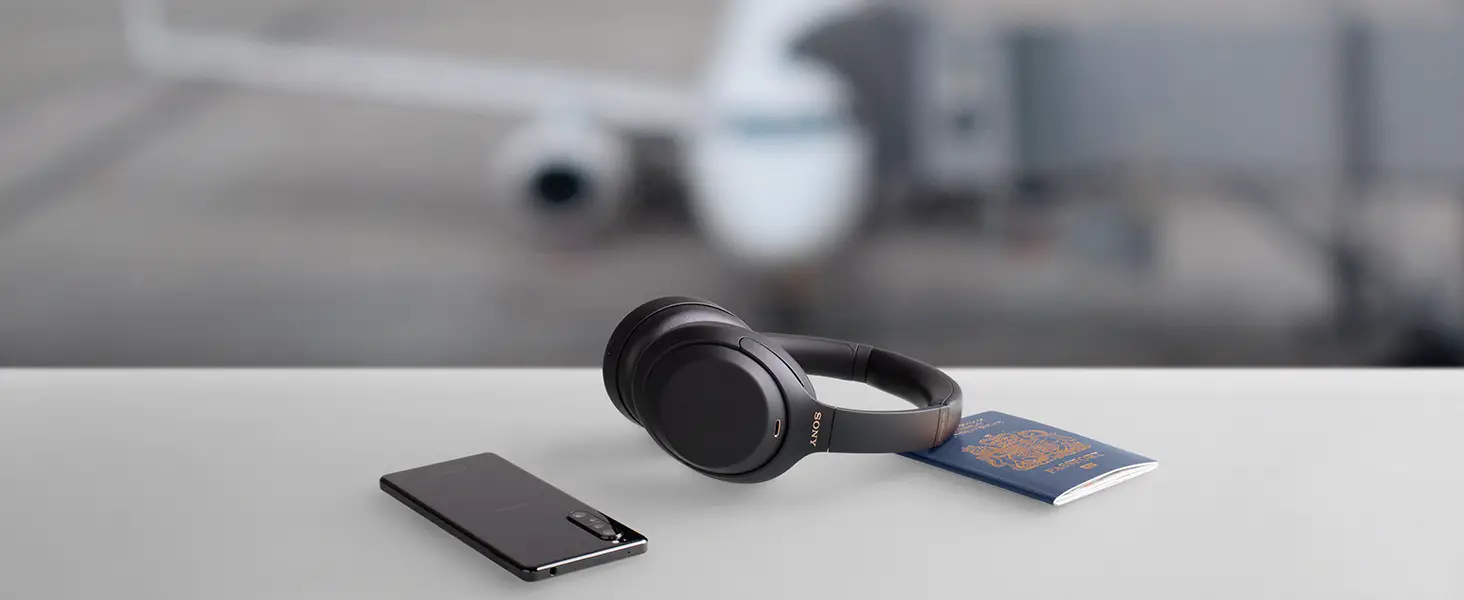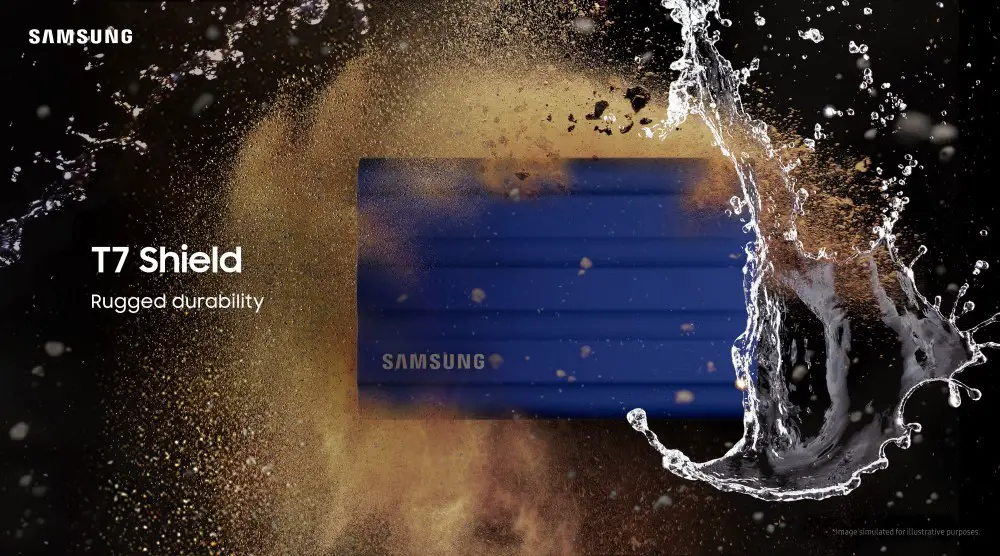Google hasn’t had an easy time controlling the spread of malware on the Google Play platform, which has been a problem on Android since the beginning of time. It feels like we’re writing about a new Android malware just about every month now and looking back through recent history, we sort of are.
Recent Android Malware Outbreaks
- New DDoS malware found in 300 Android Apps
- Skyfin is a new Android malware that can download APKs
- Malware may have compromised over 1 million Google Accounts
- Infected Facebook Lite APK steals your information
- How Google immediately busted 20 spyware apps on Google Play
- Dvmap said to be Android’s first virus with code injection
This latest outbreak has been dubbed ExpensiveWall and is the second biggest outbreak to ever hit the Google Play Store. Researchers who discovered the malware inside wallpaper apps estimate that as many as 21.1 million infections could have happened from this single family of malware. The malware works by sending fraudulent premium SMS messages and charges users for these fake services.
Check Point detected at least 50 different apps that were infected with some version of this malware, some with between 1 million and 4.2 million downloads. While that may seem like a lot of infections, it’s still not as many as the Judy malware that hit the Google Play Store in May, which infected up to 36 million devices.
To its credit, after Check Point brought its findings to Google on August 7th, Google removed all the apps in the initial report from the Google Play Store. However, the malicious parties re-uploaded new apps with the same malware to continue infecting devices. Google says it appreciates when researchers bring these efforts to their attention.
What do you think? Should Google be doing more to prevent the spread of malicious code through apps?










Comments